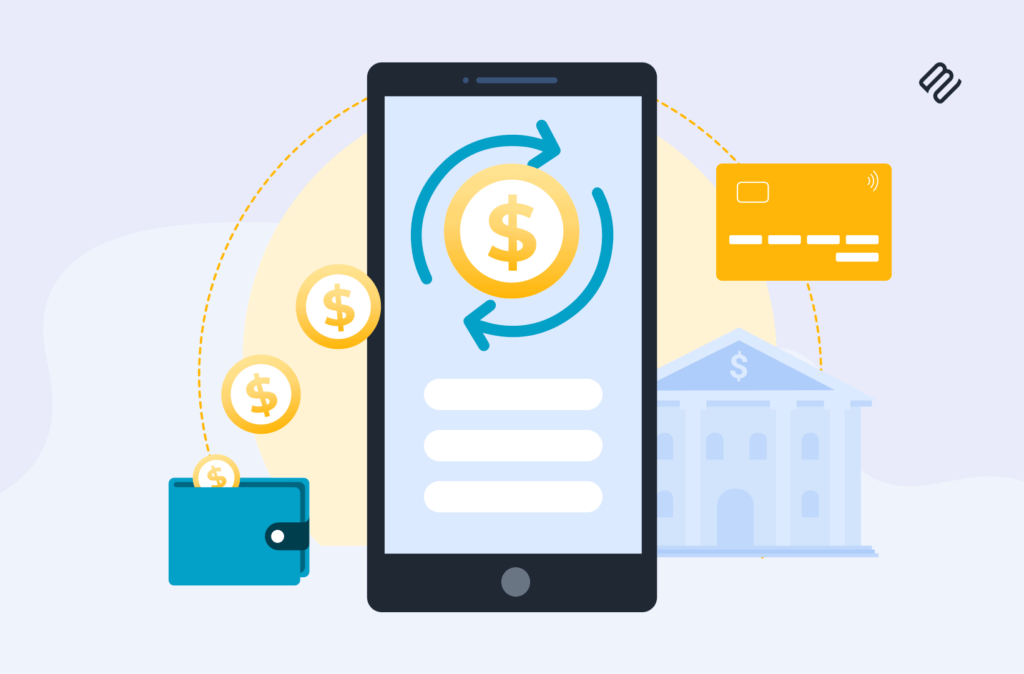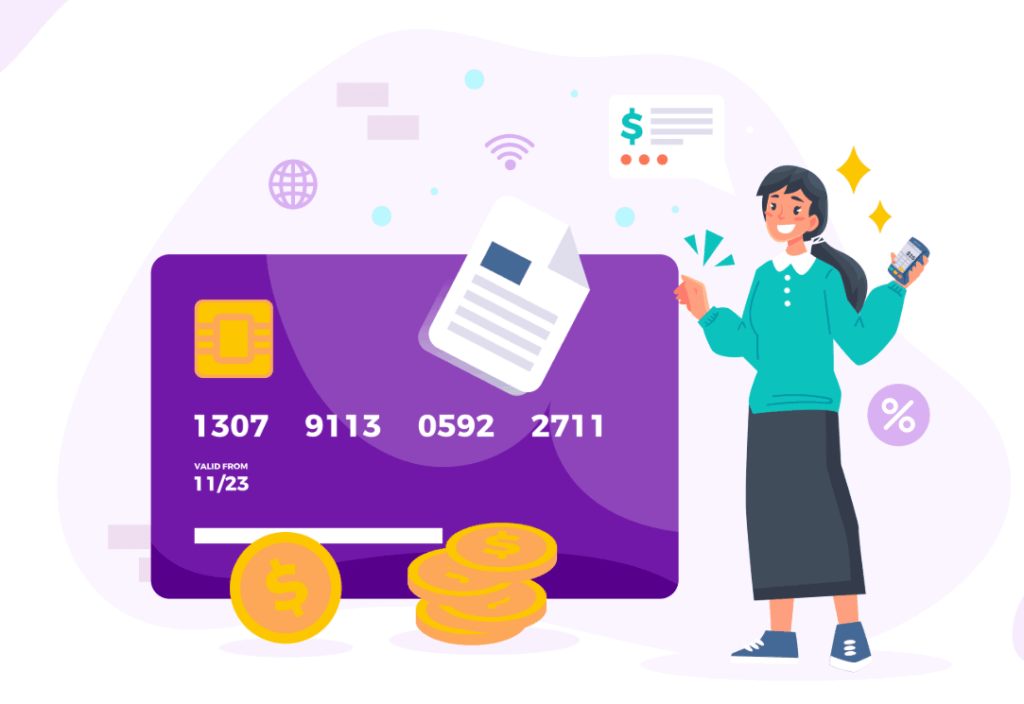Recurring Payments: Definition, Types and Examples
Recurring payments are a form of automatic payment where the customer agrees in advance to have a fixed amount of money deducted from their account at regular intervals. This is a convenient option if a customer needs to make regular subscription or loan payments. You do not have to enter data and confirm the transaction regularly. By agreeing to recurring payments, the charges will be made automatically.
Types of recurring payments
There are several main types of recurring payment solutions, which depend on the nature of the services or goods provided.
Subscription
Customers regularly pay for access to a service or product. The most common examples are subscriptions to streaming services such as Netflix or Spotify. Money is automatically deducted monthly or annually.
Utilities
Payments for electricity, water, heating and other utilities are made on a regular basis, most often monthly. The amounts may vary depending on the actual consumption of resources.

Rent
Lease payments for housing or offices are also often formalised as recurring payments. They are usually made on a monthly basis and may include rent and additional charges.
Loan payments
Loan or mortgage repayments are made on a regular basis, usually monthly. The size of the payment may include the principal and accrued interest.
Insurance
Insurance premiums, such as car insurance or health insurance, may be charged quarterly or annually. In some cases, monthly payments are possible.
Here are some examples that illustrate the use of recurring subscription payments:
- Netflix. Every month, users of the service automatically pay for subscriptions to films and TV series.
- Electricity. Consumers pay for electricity every month according to the meter readings.
- Mortgage loan. Monthly mortgage loan repayments help property owners to repay the loan.
Advantages
This method of debiting money for subscriptions, loans or other services has several advantages. Let’s outline the most important ones for recurring payment processor:
- Automatic payment processing saves time and effort for customers.
- It is easier to plan the budget, as the debit dates and amounts to be paid are known in advance.
- Auto-payment reduces the likelihood of delinquency and associated penalties.
Disadvantages
Despite the advantages, recurring payments have disadvantages as well:
- It's important to keep an eye on your account balance to avoid being automatically debited when you plan to make a late payment due to financial problems.
- If you set up your autopayment incorrectly, there could be erroneous debits that you'll have to correct.

How BillBlend helps you set up recurring payments
- BillBlend is a robust recurring payment platform that offers easy-to-use tools to set up and manage recurring payments. With BillBlend, you can easily integrate recurring payments into your business, providing convenience for your customers and reliability for your company. BillBlend recurring checks capabilities :
- BillBlend recurring checks capabilities :
- You can define your own payment terms and frequency, whether it's monthly, quarterly, or annual write-offs.
- BillBlend tracks the status of each payment and notifies you of any changes, helping you avoid errors and late payments.
- The platform complies with international security standards (e.g. PCI DSS), protecting customer data and preventing fraud.
Our support team is available to answer any questions and help you set up and optimise your recurring payments process. With BillBlend, you can organise recurring payments easily and securely, providing comfort to your customers and stability to your business.
Answers to common questions
What are recurring payments?
Recurring payments are regular automatic debits from a customer’s bank account or card in favour of a service or goods provider.
What types of recurring payments are there?
There are several types of recurring payments: subscriptions, utilities, rent, credit payments and insurance.
What benefits do recurring payments provide?
Recurring payments provide convenience, make it easy to budget and reduce the likelihood of missing payments.
Do recurring payments have disadvantages?
Yes, recurring payments require constant account monitoring and can result in erroneous debits if not set up correctly.
Can I cancel a recurring payment?
You can cancel a recurring payment by contacting your service provider or the bank that services your account.
How do I choose a reliable recurring payment processor?
When choosing a processor, pay attention to the level of security, support for different payment methods and feedback from other users.









